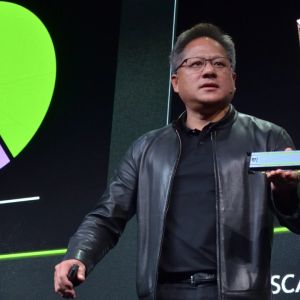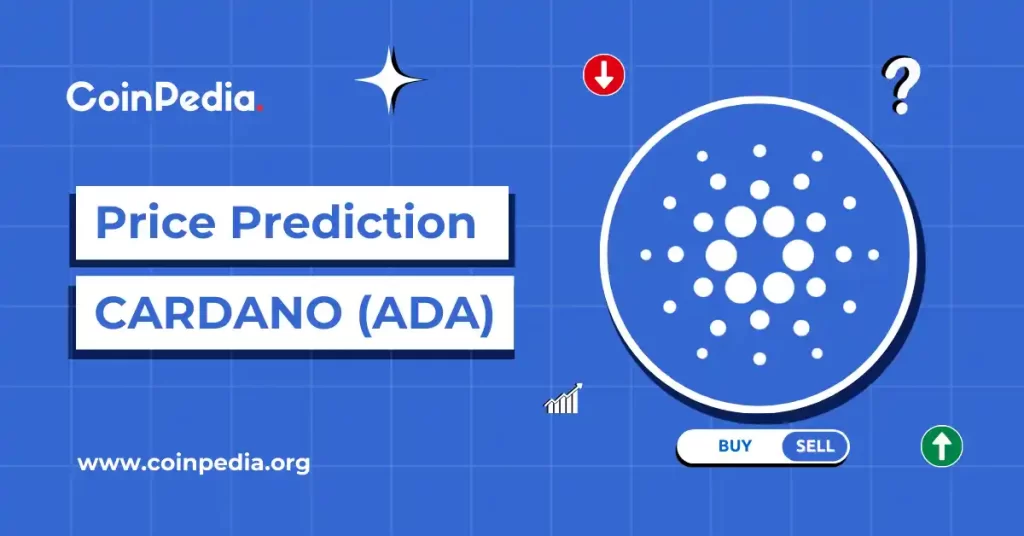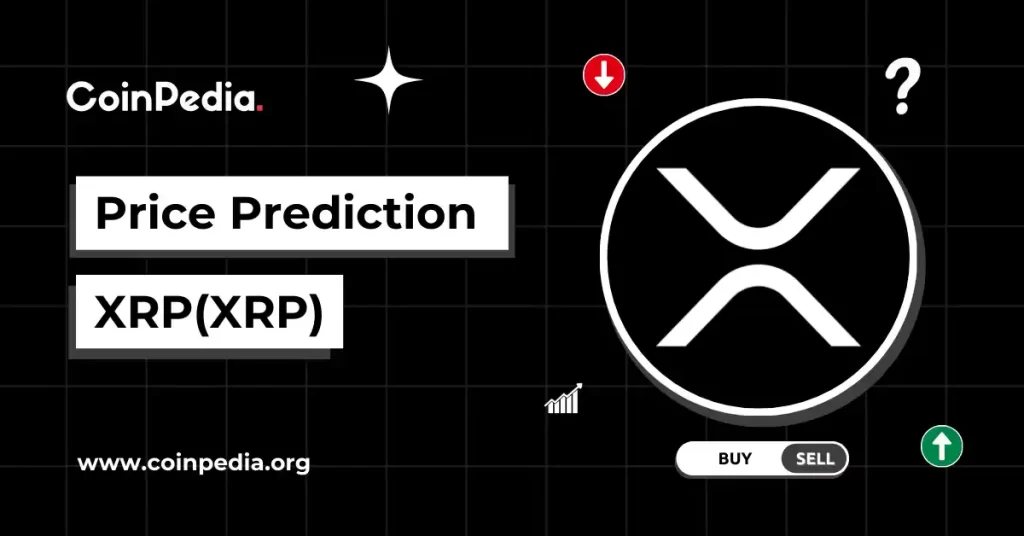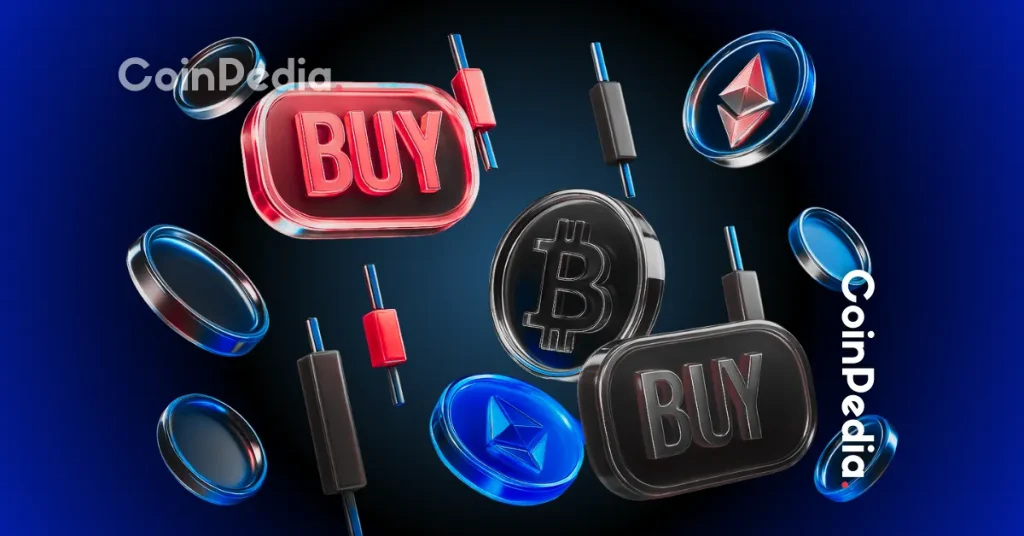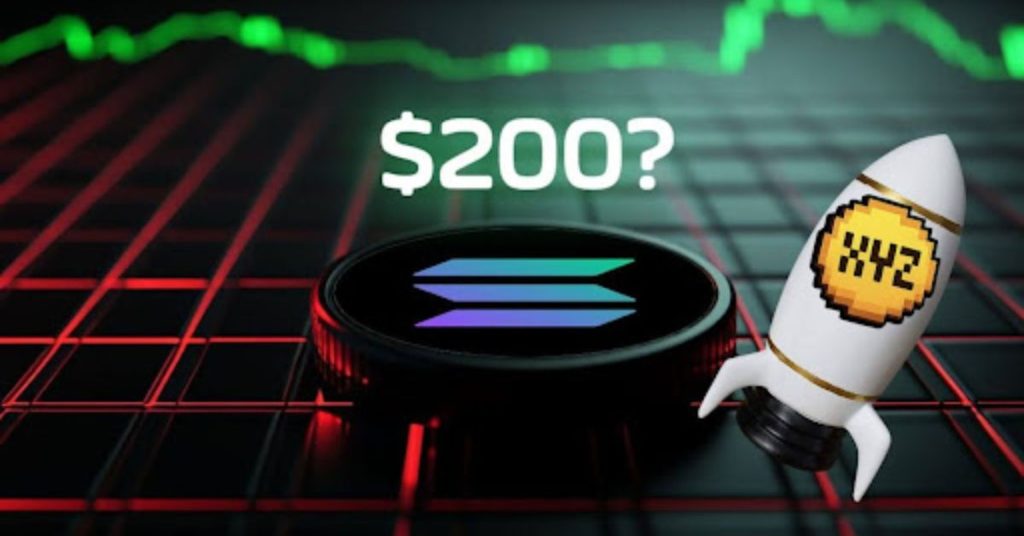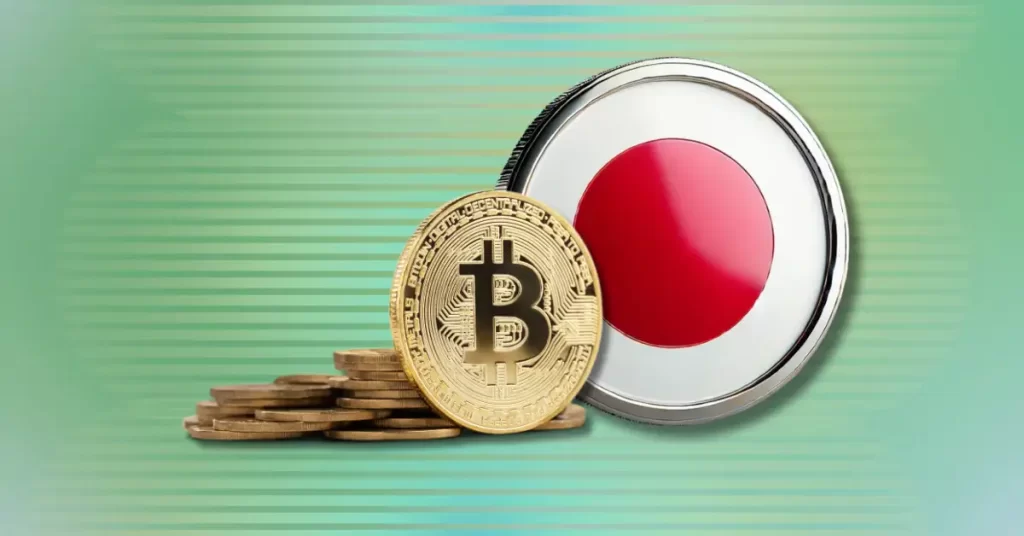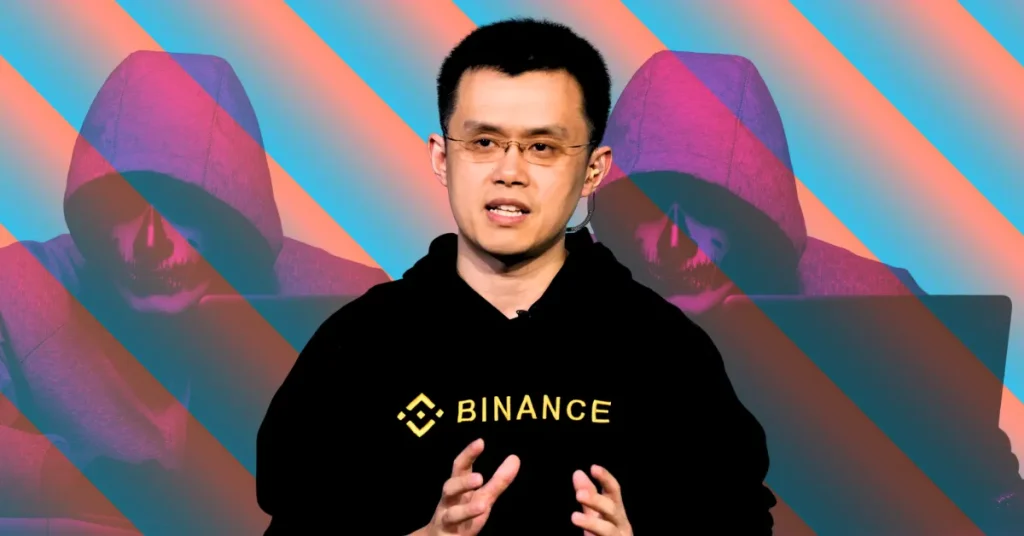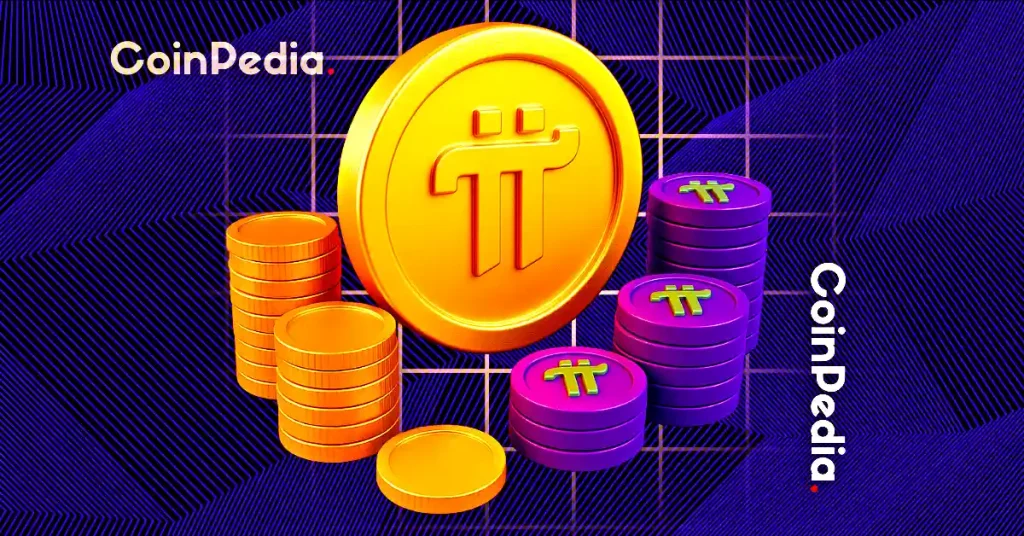Nvidia CEO Jensen Huang has soft-pedaled his role in getting the White House to allow the sale of its advanced H20 computer chip in China. Huang believes it’s up to both governments to remove export restrictions on chips because he has done his part to influence, inform, and offer facts. Huang believes that U.S. firms are missing on the Chinese AI market, which is growing and could be worth $50 billion in three years. He also argued that Beijing already has Nvidia’s rival, Huawei, that could provide for the country’s AI needs if U.S. firms fail. Nvidia seeks to establish its leadership in China US LIFTS CHIP SOFTWARE CURBS ON CHINA In a trade truce move, the US reversed May restrictions on chip design tools, with $SNPS & $CDNS resuming sales to China. In return, China will review rare earth export applications. pic.twitter.com/lxaHfFwbox — Shay Boloor (@StockSavvyShay) July 3, 2025 The company lost roughly $4.5 billion from unsold H20 chips in May and stated that it would have raised its previous financial quarter sales by $2.5 billion without the export controls. According to the company, export restrictions to China lowered its market share in the country by nearly half and cost the company over $5 million. Nvidia’s CEO argued that the firm can only recover the losses depending on the size of H20 orders and how fast it can meet the demand. Both countries had agreed in June to limit export restrictions on rare-earth minerals and also minimize the export controls of tech exports by the U.S. Nvidia revealed in a filing that it had halted the sales of the chips to China due to license requirements from the U.S. government. The firm said that the H20 chips could previously avoid export restrictions with their previous design. Ray Wang, Futurum Group’s research director for semiconductors, believes that the lifting of export controls to China will help the tech company establish its leadership in Beijing. Huang also mentioned on Sunday that export restrictions are preventing the goal of U.S. tech leadership. “Export control are things that are outside of our control and they can be quite disruptive to our business. It is our job only to inform the governments of the nature and the unintended consequences of the policies that they make.” -Jensen Huang, CEO of Nvidia. Huang had previously met with President Donald Trump in Washington and championed that Nvidia would help with the administration’s goal to create jobs and boost onshore onboarding in the AI space. The tech company’s boss also said that Nvidia will ensure that the U.S. becomes the global capital of AI. According to the semiconductor manufacturer, the U.S. agreed to approve the export of the computer chips to China earlier this week. Huang said his visits to both Washington and Beijing are aimed at showing Nvidia’s support for open-source research, foundation models, applications that can empower economies worldwide. The tech firm also revealed that Huang urged China’s government and industry officials on Tuesday and talked about AI’s benefits and ways it could advance the industry. The president of the company said the development of AI models by Chinese companies like DeepSeek and Alibaba offers a positive outlook for H20 in the country due to its memory bandwidth. Huang also said he hopes the company will ship more advanced chips into China than the H20 because the technology is always evolving. He believes that the computer chips they send to Beijing will continue to advance over time. Huang believes China’s military doesn’t need Nvidia chips The co-founder of Nvidia also said Sunday that the U.S. doesn’t have to worry about the H20 chips aiding the Chinese military. He argued that U.S. restrictions on China will limit the tech at any time and that Beijing already has significant computing capacity to rely on American tech. During his meeting with Trump last week, U.S. officials warned Huang to avoid meetings with companies affiliated with China’s military or intelligence bodies.CEO of Futurum Group Daniel Newman argued that it was hard to believe that China couldn’t use Nvidia’s tech for military purposes. He argued that companies should adapt to export restrictions as the world keeps on changing, adding that his role aims to inform governments of the nature and unintended consequences of their policies. The tech entrepreneur also urged other countries to consider the U.S. technology stack. U.S. Commerce Secretary Howard Lutnick also said that the U.S. allowed chip export to China to make companies reliant on U.S. tech. Cryptopolitan Academy: Tired of market swings? Learn how DeFi can help you build steady passive income. Register Now


